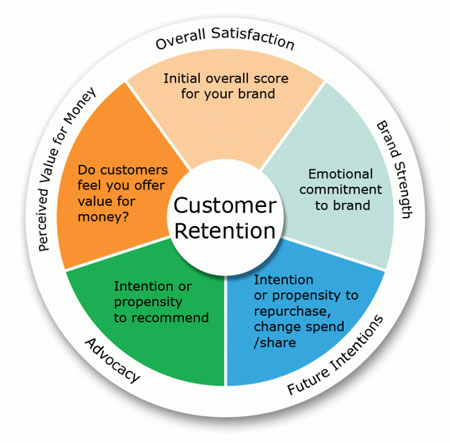
Congratulations! You have searched and found your dream home. You have secured a mortgage and had dealings with everyone from real estate agents to home inspectors. This is no doubt a very exciting time and a very busy one. With that being said, it’s not over quite yet! There is still more to do.
To help you out along the way, we have come up with this handy guide of tips to help you settle into your new home.
Installing ceiling fans will save you money
Ceiling fans are a great, cost-effective way of keeping the air moving through your home. Due to the air circulation, you can set your thermostat one or two degrees higher during the summer. In the winter, you can do the same by lowering it by a degree or two. By doing this, you will see a nice savings in your electric bill.
One other thing to keep in mind is the direction you have your fans blowing. In the summer, the air should be blowing down on you. In the winter, the air should be blowing upwards. Just remember to use the reversal switch on your fan at the beginning of each season.
Check your vents to make sure they are clean
Before or as soon as you are moved in, do a thorough check of all the vents. They should not be blocked or covered by anything as this makes the air conditioner work overtime. Also, be sure to look into all the vents and ensure they are as dust free as possible. This helps improve air flow into the rooms.
Change the locks and make spare keys
This may not be on the top of your list but it should be. You have no way of knowing who may have a copy of the old key, so better safe than sorry. Installing new locks is not a hard job and a new set of doorknobs and locks will not set you back that much. While you’re at it, be sure to make some spare copies and leave one with someone you trust. This will save you from having to shell out the money the one time you inevitably lock yourself out of your home.
Get Properly Insured
When you purchase a home, the mortgage lender requires you purchase enough homeowner’s insurance that will fully replace the property should a total loss occur. This is not the only insurance you should have, though. If you share the home with anyone (wife, child or girlfriend), you need life insurance with that person named as the beneficiary. By doing this, they will not lose the home in the event something happens to you. In addition, you also want to think about getting disability insurance to replace your income should you become unable to work.
Keep spending to a minimum
Of course, you want your home to be perfect with just the right drapes and the perfect dining room set. But proceed with caution. The one thing you don’t want to do is go on a spending spree. First assess the necessary expenses you will need to cover before making additional purchases. There is much more to being a homeowner than paying mortgage.
Start a house file
As a new homeowner, you will quickly learn how much paperwork owning a home generates. Everything from your mortgage documents, insurance policies, receipts for renovations and repairs, warranties for purchases, service contracts and so on. To keep everything organized, you should designate a file box or drawer to keep all your important papers in. You should also keep notes of any details related to your home in a notebook or on your computer. Every piece of paper that comes your way should be filed away. Having everything in one place will come in handy should you need a document for tax or insurance purposes.
Have pest control come out before you move in
Prior to your move in date, have a pest control company come out to check for cockroaches, termites and any other pesky critters that might be lurking in your home.
Always get multiple quotes
Prior to doing any remodeling or painting to your new home, be sure to contact a few companies for quotes. The estimates you receive will often vary, so you want to make sure you are getting the best deal for your money. Of course, before going with a company, look for reviews online. The Better Business Bureau and AngiesList are great websites to reference.
Invest in Essential Tools
During your first year of owning your home, you will no doubt make many trips to your local hardware store for tools. It is easy to get seduced by the Dyson vacuum and the fancy leaf blower, but don’t. You do, though, need to invest in the right tools to properly care for and maintain your home.
Here some of the essential tools all homeowners should have on hand:
- Tape measurer
- Level
- Screwdriver set
- Hammer
- Utility knife
- Hex wrench set
- Pliers
- Wire cutters
- Adjustable wrench
- Hack saw
- Stud finder
- Drill and bits
- Putty knife
- Plunger and snake (to unclog drains)
- Electrical cord
- Flashlight
- Ladder
- Shovel
Notify the appropriate parties about your move
Now that you know you are moving, it is time to let the appropriate parties know. You will want to notify credit card companies, banks, newspaper/magazine subscriptions, the postal service, brokerage firms, employers and utility companies. When it comes to children, have their school records transferred to the new school at least two months prior. Lastly, schedule cable service, have your medical records transferred and refill any prescription medications (do this as close to moving day as possible).


